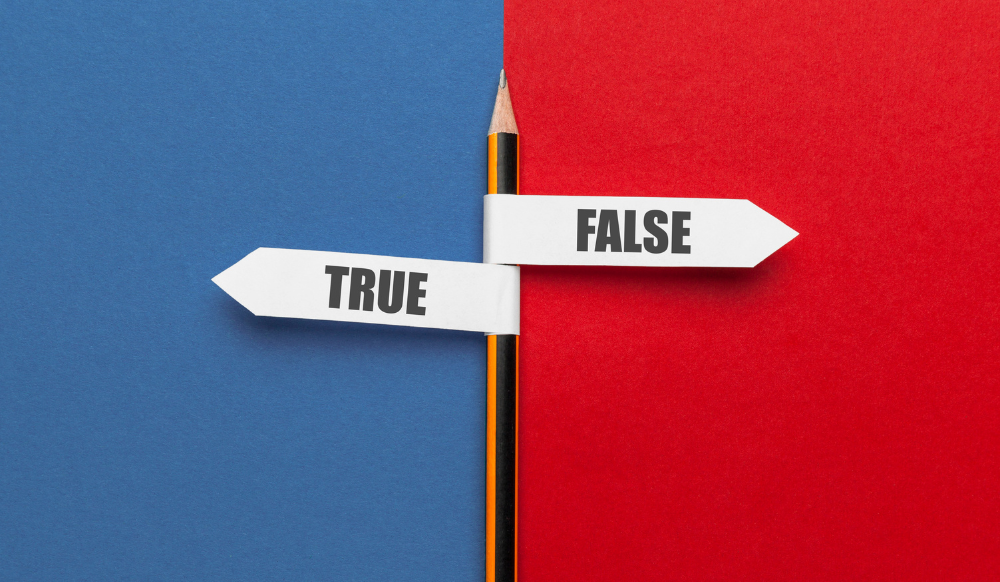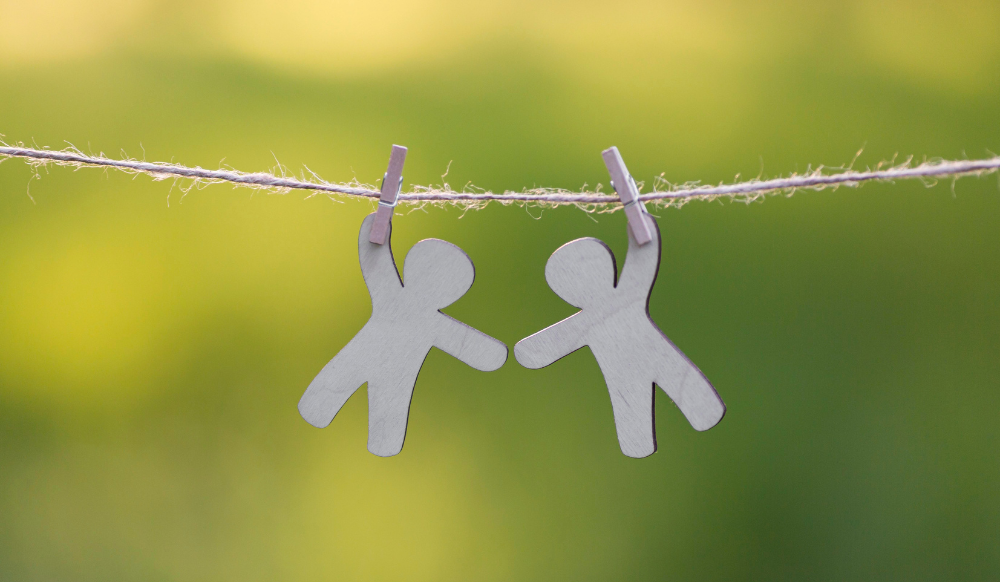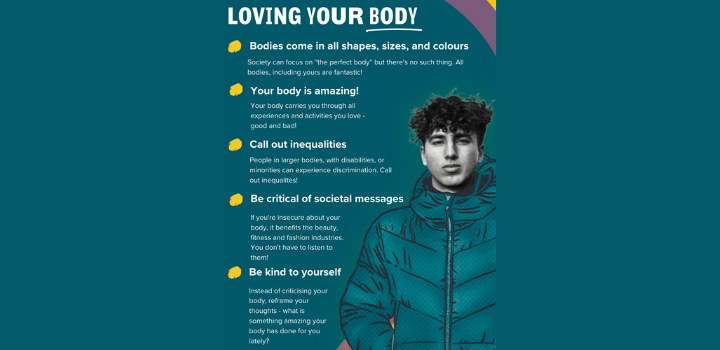Press play to watch our webinar on ‘Building body confident schools’ with our partners ESCI, Irish Research Council and University College Dublin.
Encourage students to value what their body can do rather than how it looks
Research shows that valuing body functionality, i.e., what our body can do for us, as opposed to how it looks, can help us to build a healthier body image.
Helping students to appreciate that their bodies enable them to do all the important things they need to do, including activities they enjoy (e.g., hugging a friend or playing football).
Appearance bias
is when a person is judged and treated differently based on how they look, rather than based on who they are or how they behave.

Empower students to challenge appearance biases
Appearance bias is when a person is judged and treated differently based on how they look, rather than based on how they treat or have been treated by people in the world, based on their appearance.
In our society, individuals who approximate beauty ideals are often celebrated, while some people in larger bodies, with disabilities or belonging to minority groups tend to be portrayed in a less favourable light and can experience discrimination based on their appearance.
It can be helpful to encourage students to reflect on these inequalities and how they treat or have been treated by people in the world based on their appearance. Where have these ideas about appearance come from and are they fair?
In questioning these beliefs and assumptions, students may gain a greater understanding of how other people experience their bodies and develop a sense of empathy for other people’s body image struggles. This may translate into more compassionate behaviour towards others in daily life as well as a healthier environment for body image more broadly.

Self-compassion
involves relating to ourselves with the same kindness we would show to a good friend.
Encourage students to be kinder to themselves
We can be sometimes so harsh and critical of ourselves that we can often think that the only way we can achieve and succeed in life is by being hard on ourselves.
Being critical of ourselves and our bodies is often not helpful and can lead us to feel body dissatisfaction and shame.
Self-compassion involves relating to ourselves with the same kindness we would show to a good friend. More self-compassionate people tend to have more positive body image. Encouraging students to notice self-critical thoughts (e.g., I hate my body) and reframe them into more self-compassionate thoughts (e.g., I am struggling with how my body looks right now, but everyone struggles from time to time, and really my body can do so many things, like help me play a sport that I enjoy) can help improve their body image.
Recognise
that the ideals and images we see are unrealistic or even photoshopped.

Encourage students to be critical consumers of societal messages
On a daily basis, students can be bombarded with messages about their bodies from social media, friends, advertising etc. While we can often recognise that the ideals and images we see are unrealistic or even photoshopped, it doesn’t stop us from comparing to these largely unattainable ideals and feeling disappointed when we fall short.
People have and will always care about how they look, and it is natural for people to want to put their best foot forward in terms of appearance; but it can also be helpful for people to reflect on the costs of appearance investment in terms of time, effort, energy and money.
- When do these efforts to live up to certain body standards cross a line that gets in the way of doing other things they enjoy?
- Who benefits from propagating these ideals?
These discussions may help students to gain a more critical perspective and recognise that it is the beauty, fitness and fashion industries that serve to make profits from the insecurities that they create.
These are just some of the ways you can help students build a healthier body image.




